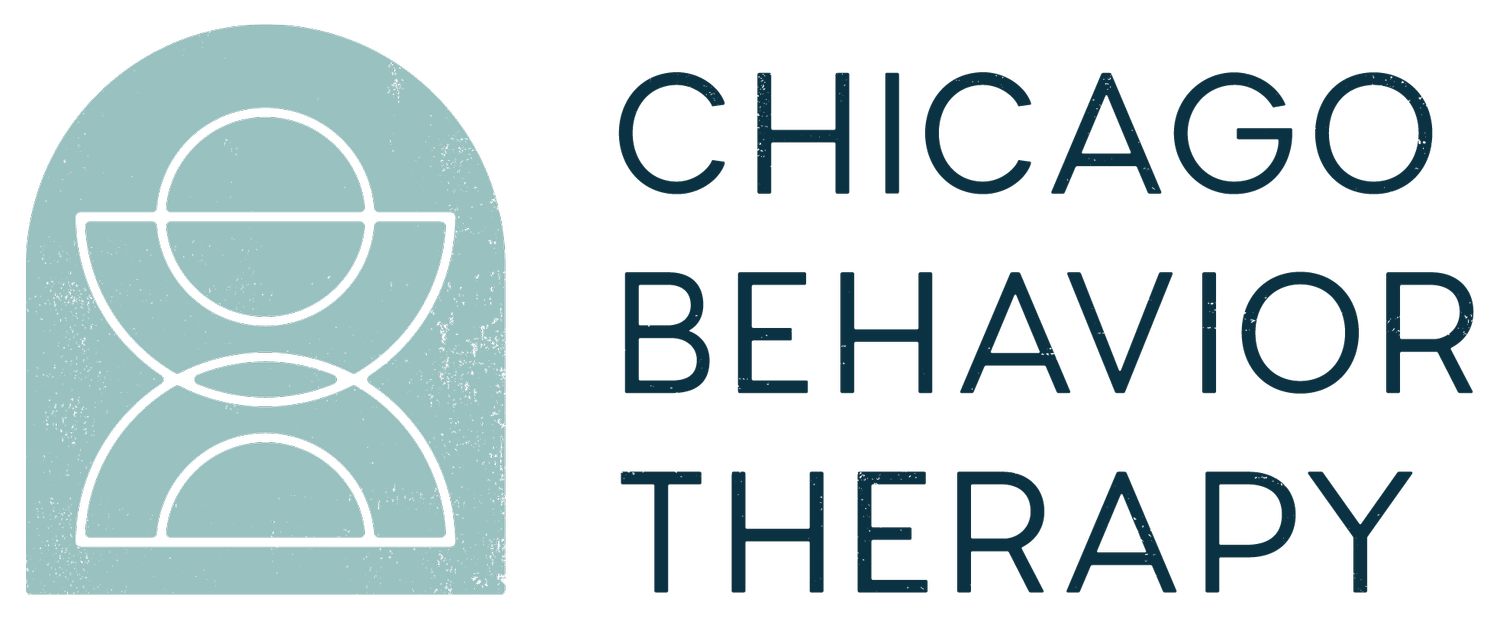Effective Techniques to Treat Depression with Therapy
Understanding Depression
Depression is a common mental health condition that can cause persistent sadness and loss of interest in activities. It can also lead to a variety of emotional and physical problems. It is important to recognize the signs and symptoms of depression, such as feelings of worthlessness, changes in appetite or sleep patterns, or difficulty concentrating. Seeking professional help from a therapist or psychologist can provide effective strategies to manage and overcome depression.
Benefits of therapy for depression
Therapy can provide significant benefits for depression. Here are a few ways therapy can help:
It provides a safe space to express and process emotions.
Therapists can offer guidance and support in developing coping strategies.
Therapy can improve behavioral activation, or doing what matters
It can assist in building healthy habits and routines.
Different therapy techniques for depression
Therapy techniques for depression can include cognitive-behavioral therapy (CBT), interpersonal therapy, and psychodynamic therapy. CBT helps you identify and change negative thought patterns, while interpersonal therapy focuses on improving your relationships and communication skills. Psychodynamic therapy explores how your past experiences and emotions influence your current thoughts and behaviors. It’s essential to discuss with your therapist which technique may be most effective for you based on your individual experiences and needs.
Cognitive Behavioral Therapy (CBT)
Cognitive Behavioral Therapy, or CBT, is a common type of talk therapy. It focuses on identifying and changing negative thought patterns and behaviors. CBT helps you develop coping strategies for dealing with depression. It can be as effective as medication in treating depression, sometimes even more so. This therapy is typically short-term and often lasts for about 12 to 16 sessions. In these sessions, you will work with your therapist to challenge and reframe your negative thoughts and learn practical skills to manage your symptoms.
Interpersonal Therapy (IPT)
IPT is a type of therapy that focuses on improving communication and relationship patterns. It helps in addressing and resolving interpersonal issues that contribute to depression. The therapist works with the individual to identify and address problematic interpersonal dynamics, helping them learn more effective ways to communicate and interact with others.
Dialectical Behavior Therapy (DBT)
DBT, or Dialectical Behavior Therapy, is a type of therapy that focuses on developing coping skills, regulating emotions, and improving relationships. It's specifically designed to help people with intense emotions and unstable relationships. Therapists use a combination of individual therapy, group skills training, phone coaching, and therapist consultation teams to support clients. The skills taught in DBT include mindfulness, distress tolerance, emotion regulation, and interpersonal effectiveness. DBT has been found to be effective in treating several mental health conditions, including depression, borderline personality disorder, and substance use disorders.
Mindfulness-based Cognitive Therapy (MBCT)
MBCT combines mindfulness meditation practices with elements of cognitive therapy. According to the Mindfulness Based Cognitive Therapy Center, MBCT has been found to be particularly effective in preventing relapse for individuals with a history of recurrent depression. It helps individuals pay attention to the present moment, allowing them to become more aware of their thoughts and feelings without being overwhelmed by them. This practice has shown promise in reducing the risk of relapse and aiding in the treatment of depression.
Acceptance and Commitment Therapy (ACT)
ACT is a type of therapy that focuses on creating psychological flexibility. This means accepting your thoughts and feelings instead of fighting them and committing to making positive changes in your life. It centers on six core principles: cognitive defusion, acceptance, being present, self-as-context, values, and committed action. Research suggests that ACT can be an effective treatment for depression, as it helps individuals make meaningful changes while learning to accept their emotions.
Finding the right therapist
Upon choosing a therapist, remember to consider factors like their qualifications, experience, and approach to therapy. It is essential to find a therapist with whom you feel comfortable and can establish a trusting relationship. You should also inquire about their specialization in treating depression and their availability for appointments. Therapists can vary in their treatment methods, so finding the right fit for your needs is crucial for a successful therapeutic journey.
Self-care tips for managing depression
If you are struggling with depression, it is important to prioritize self-care to manage your symptoms. Here are some self-care tips that can help you cope with depression:
Engage in regular physical activity, such as walking, yoga, or swimming, to boost your mood and reduce stress.
Practice relaxation techniques, like deep breathing or meditation, to calm your mind and decrease anxiety.
Maintain a healthy and balanced diet to ensure that your body gets the essential nutrients it needs to function optimally.
Establish a consistent sleep schedule to improve your sleep quality, which is crucial for mental well-being.
Stay socially connected by reaching out to supportive friends and family members for emotional support.
By incorporating these self-care practices into your daily routine, you can take proactive steps to manage your depression and enhance your overall well-being.
